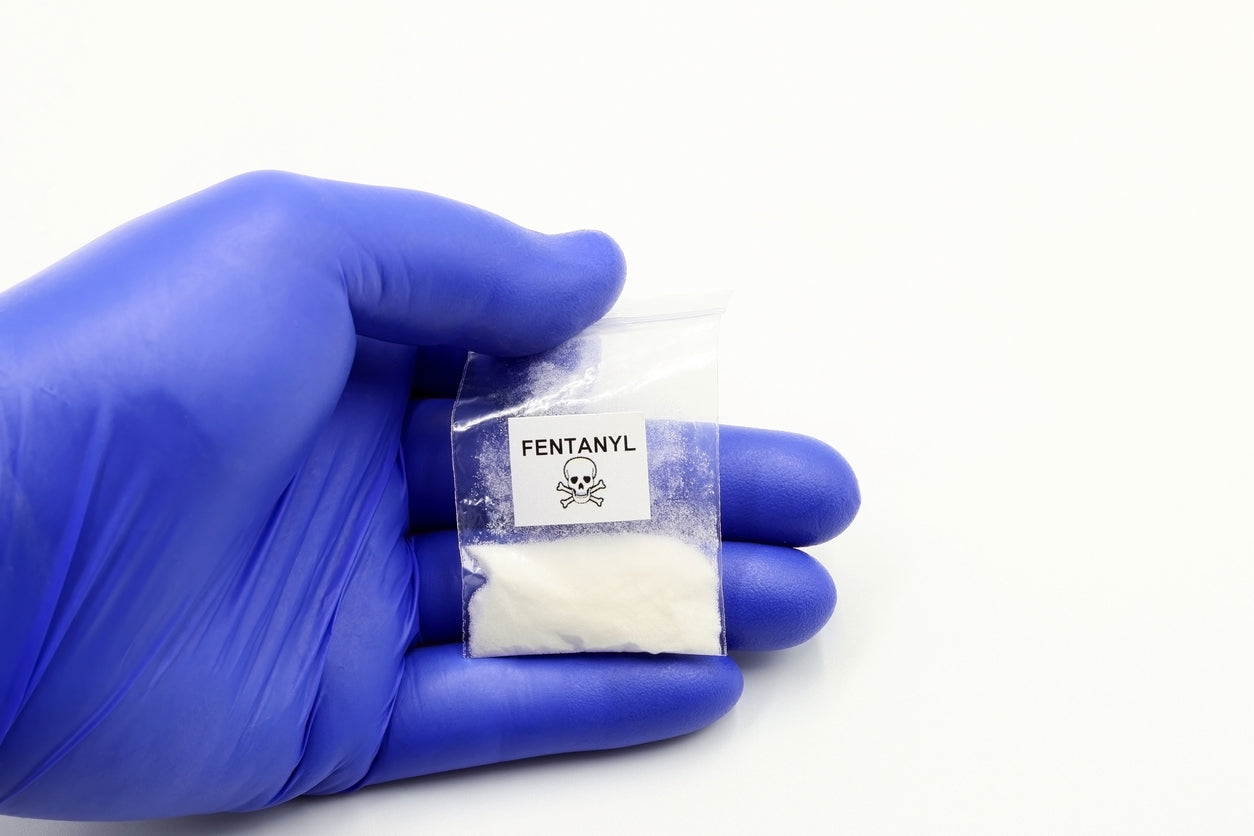In a world where occupational hazards are diverse and ever-evolving, the importance of safeguarding against potent substances like fentanyl cannot be overstated. The need for reliable protection has led professionals to explore various measures, and one proven method stands out – the use of work gloves specifically designed to combat the risks associated with fentanyl exposure.
Introduction
Fentanyl, a synthetic opioid, has become a formidable concern in workplaces where professionals face the constant threat of exposure. The potency of this substance demands a proactive approach to safety, and wearing work gloves has emerged as a tested and proven defense mechanism.
Understanding Fentanyl
Before delving into the protective aspects, it's crucial to understand the nature of fentanyl. This synthetic opioid, known for its high potency, poses significant risks to those who come into contact with it. From healthcare professionals to law enforcement, the dangers are universal.
The Need for Protection
Given the high stakes involved, the need for effective protection becomes paramount. Professionals who handle fentanyl in various capacities face severe risks without proper safeguards. From accidental exposure to the inhalation of airborne particles, the potential consequences are dire.
Types of Work Gloves
The market offers a myriad of work gloves, but not all are created equal. When it comes to fentanyl protection, it's essential to explore gloves designed specifically for chemical resistance. These gloves serve as a barrier against not only fentanyl but also other hazardous substances.
Features of Effective Gloves
The effectiveness of work gloves hinges on specific features. Thickness, material composition, and design play crucial roles in determining a glove's ability to withstand fentanyl exposure. Meeting industry standards is non-negotiable when it comes to selecting gloves for this purpose.
Real-Life Scenarios
To drive home the importance of wearing gloves, real-life scenarios serve as powerful examples. Instances where professionals avoided harm due to proper glove usage underscore the tangible benefits of this preventive measure. The stark contrast of unprotected exposure further highlights the gravity of the situation.
Choosing the Right Gloves for Fentanyl Protection
Selecting the right gloves involves careful consideration of factors such as material compatibility, thickness, and the specific tasks at hand. Recommendations for trusted brands or types of gloves proven effective in fentanyl protection provide valuable guidance.
Proper Glove Usage
Equipping oneself with the right gloves is only half the battle. Knowing how to wear and remove gloves safely ensures maximum protection. An ill-fitted glove or improper removal technique can compromise the very safety the gloves are meant to provide.
Testing and Certification
In the realm of fentanyl protection, not all gloves undergo the same rigorous testing. Industry standards exist for a reason, and using gloves that have been certified for fentanyl protection provides an extra layer of assurance.
User Experiences
The true testament to the efficacy of wearing work gloves lies in the experiences of those who have benefited from this safety measure. Personal accounts of avoiding fentanyl exposure through diligent glove usage serve as compelling evidence of the tangible difference it makes.
Dispelling Myths about Fentanyl and Protection
Misconceptions surrounding fentanyl and protective measures can be misleading. By addressing common myths, we aim to provide clarity and reinforce the importance of adopting proven safety protocols.
Tips for Professionals Working with Fentanyl
Beyond glove usage, additional safety precautions contribute to an all-encompassing approach to protection. Tips and insights for professionals working with fentanyl create a comprehensive guide to navigating this challenging occupational landscape.
The Cost of Not Using Gloves
The consequences of neglecting protective measures are not to be underestimated. From health risks to potential legal ramifications, the cost of not using gloves in fentanyl-related professions can be substantial. Investing in quality gloves is an investment in long-term safety.
Future Developments in Fentanyl Protection
As technology advances, so too do innovations in protective gear. The future holds promising developments in fentanyl protection, with emerging technologies aiming to enhance the safety of professionals working in high-risk environments.
Conclusion
In conclusion, the evidence is clear: wearing work gloves is a tested and proven method of protecting against fentanyl exposure. As professionals continue to face the challenges posed by this potent substance, prioritizing safety through the use of effective gloves remains a non-negotiable aspect of occupational health.
Frequently Asked Questions (FAQs)
-
Can any type of work gloves provide protection against fentanyl?
- While many gloves exist in the market, only those designed for chemical resistance and meeting industry standards can offer reliable protection against fentanyl.
-
Are there any additional precautions professionals should take when working with fentanyl?
- Yes, beyond wearing gloves, professionals should follow comprehensive safety protocols, including proper disposal of contaminated materials and regular training on handling hazardous substances.
-
What are the long-term health risks of fentanyl exposure?
- Long-term health risks can include respiratory issues, neurological damage, and even fatal consequences. Proper protective measures, including the use of gloves, can mitigate these risks.
-
Do all professionals working with fentanyl need to wear gloves?
- Yes, regardless of the specific role, anyone handling fentanyl should prioritize the use of appropriate gloves to minimize the risk of exposure.
-
Are there any regulations regarding the use of gloves for fentanyl protection?
- Occupational safety regulations may vary, but it is generally recommended to follow industry standards and guidelines when selecting and using gloves for fentanyl protection.

